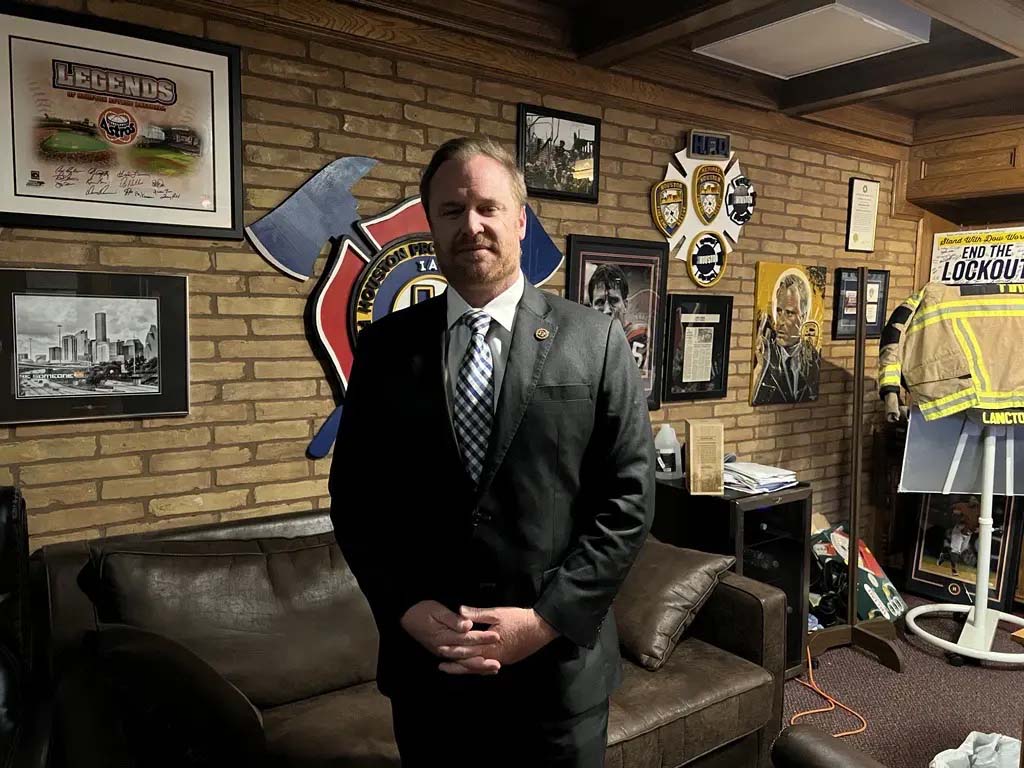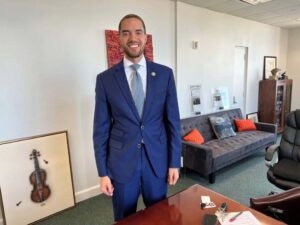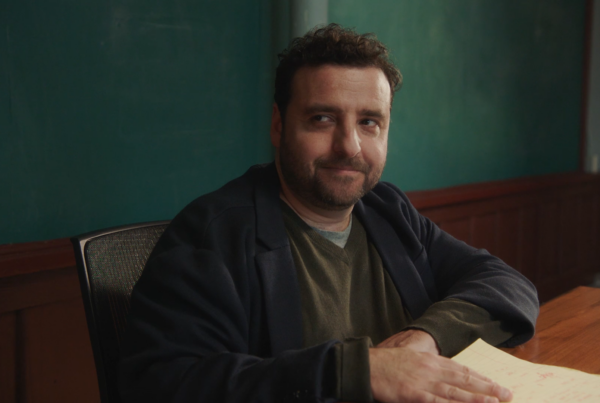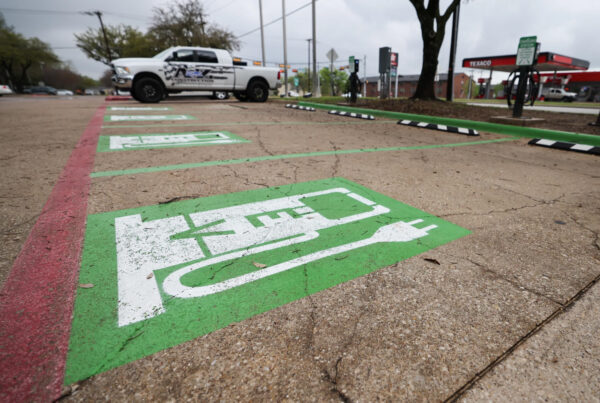From Houston Public Media:
After working for the City of Houston for eight years without a contract, Houston firefighters are in sight of a new labor agreement. The deal would address longstanding concerns of both firefighters and ordinary Houston residents, but it would mean some tough choices for taxpayers.
The settlement must still be approved by a judge and by Houston City Council, but the Houston Professional Fire Fighters Association has already voted to ratify it by an overwhelming margin of 94% of its members.
Union president Patrick M. “Marty” Lancton says getting a contract in place will make a huge difference in the lives of his members.
“They have been working without that contract and that pay, and they’ve still come to work — through pandemics, floods, natural disasters, freezes, they’ve come to work,” Lancton said. “I can tell you that the rates of PTSD and mental health issues that we’ve had to deal with have just exponentially gone up because of this issue, because of not having safety and security of a contract, because you didn’t have the city that followed the law.”
Lancton says those conditions have led to an exodus of firefighters from Houston. Eight years ago, the city had about 4,100 firefighters and paramedics. Today, it’s down to about 3,650. And the fire department is running twice as many calls. Response times have slowed by several minutes.
“The strain on the firefighters on the men and women is huge,” Lancton said. “What it means is that, the longer it takes us to get to you, your survivability goes down. This isn’t a joke for us. Heart attacks, strokes, car wrecks, if you’re involved in any sort of medical emergency that needs immediate attention, seconds matter. When you’re stuck in a fire, seconds matter.”
















